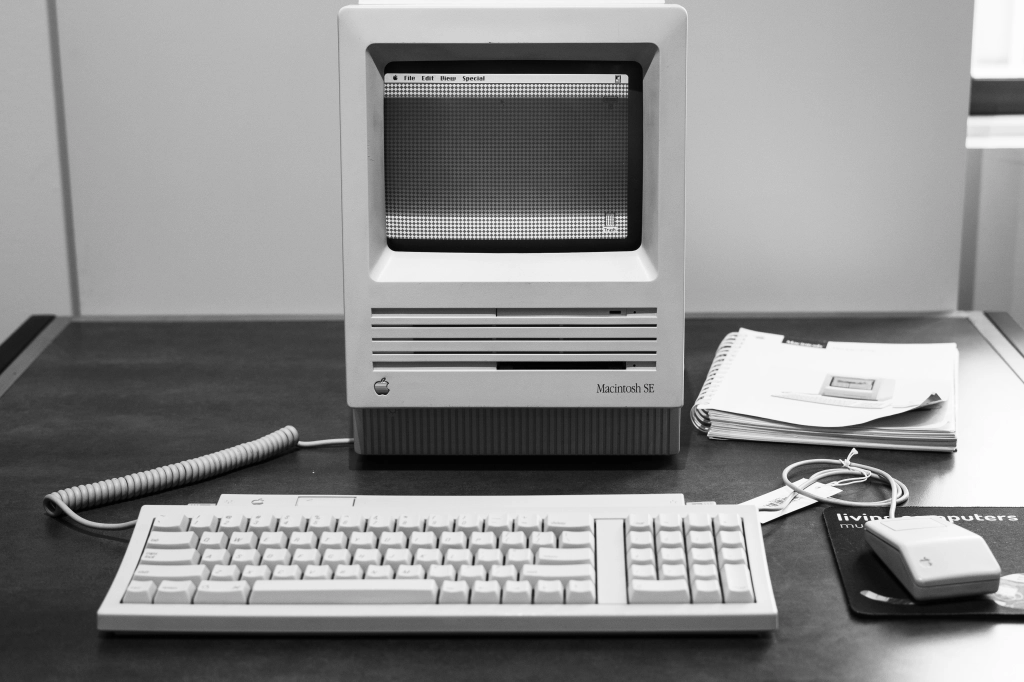How do you manage stress? Most of us don’t; we unconsciously welcome it. In America, we seem addicted to stress. From childhood, we are told that we must achieve certain goals and always reach for more.
Wanting more out of life isn’t bad, but the problem lies in desiring more than we need and sacrificing moments, interactions, and unique opportunities in the process—often without even realizing it. It’s truly sad.
Stress is known to cause numerous health problems, both mental and physical. Thus, it is more important now than ever to be mindful about reducing stress. In our overstimulating and overconnected lives, high levels of stress are a daily occurrence, but it doesn’t have to be this way. Something we all know but tend to ignore, or selectively forget, is that there is no point in stressing or worrying about things that are out of our control. The fact that we know about horrible things happening around the world can negatively affect our lives due to its stress-inducing attributes.
I am concerned that tools like artificial intelligence chatbots will increase stress in people. Years ago, there was a generation that grew up consulting WebMD, remember that? The issue is that people began to misinterpret the information they read about symptoms and potential causes, and in many cases, these misinterpretations actually led to real stress and sickness. It’s very stressful to feel a bump in your body and then read on an online forum that it could be cancer—when in most instances, it is not.
With AI chatbots, people can ask questions and share their symptoms, and receive possible causes for those symptoms, which is not inherently bad. However, as humans, we tend to imagine the worst possibilities, and this generates stress.
Stress and Work
Work is one of our main sources of stress, but it doesn’t have to be. We are programmed from school to think that everything is an important task and that everything is a priority. I’ve worked for more than thirty years, and the best decision I’ve made is to cut the hours I spend at work. Does this mean I am less productive or cheating my employer? Not at all—quite the opposite. By working fewer hours and spending more time on activities I find important and enjoyable, I’ve become more focused and creative when I am working. This is because I approach work with a clearer mind and a rested body.
It’s not just about working fewer hours or days; it’s also about focusing on what really matters at work and reducing or eliminating the other tasks that keep us busy or make us feel needed but are essentially distractions and a major source of stress. Participating in unnecessary email threads, meetings, and chat conversations does not make one a better employee.
Work doesn’t have to be hard or long, but it can be challenging, which is good as it adds a healthy level of stress to your tasks, often resulting in learning new skills and becoming better at what you do. A little stress is beneficial, but only at low levels.
What about getting things done and being productive so we can be promoted and get a raise? Do you really think more hours make you more productive? They don’t. People who spend more hours at work are often the same ones who are busy with tasks that don’t directly affect their output or the projects they are working on. Since I started working fewer days, my focus increased and I accomplish more than I did before. I am also in a better state of mind, do not get anxious or upset about work, and also don’t hate working. I haven’t felt burnout in a long time, and as someone who works in tech, solves problems, and writes code for a living, this is uncommon.
Stress, Aging, and Happiness
I listened to the audiobook “Ikigai: The Japanese Secret to a Long and Happy Life” by Héctor García and Francesc Miralles, where stress is highlighted as a major obstacle to achieving lasting happiness and wellness. The book outlines how chronic stress can lead to serious health issues, including cardiovascular disease, a weakened immune system, accelerated aging, and mental health disorders such as depression and anxiety. The authors underline the importance of discovering one’s ikigai—or life’s purpose—which can lead to a more fulfilling existence and help mitigate the adverse effects of stress. They advocate for practices like mindfulness, regular activity, and maintaining social connections as effective ways to manage stress and improve overall well-being.
Do you want to live a longer and healthier life? Managing stress and its sources is crucial. For instance, I stopped following local, national, and international news during Covid when I noticed a significant increase in my stress levels. The constant stream of updates wasn’t just unsettling—it was unhelpful for my well-being. Deciding to step back from the news cycle has allowed me to focus more on my family and our health, rather than getting drawn into distressing online debates. While some may see this as selfish, I view it as a necessary act of self-preservation that enables me to be more present and supportive in the lives of those I care about. However, this doesn’t mean I am indifferent to the suffering in the world. I remain compassionate and ready to help where I can, ensuring I engage in a way that doesn’t compromise my or my family’s peace of mind.
What about aging? If feeling stressed is a regular part of your daily life, it likely means you’re sleeping less, sitting more, and not living as healthily as you could be. Numerous studies have demonstrated that chronic stress can accelerate the aging process. For instance, researchers at the University of California, San Francisco, found that prolonged stress appears to hasten aging at the cellular level by shortening the length of each DNA strand’s telomeres, which are protective caps that prevent chromosomal damage (Epel et al., 2004). Similarly, insufficient sleep, often a byproduct of stress, is also linked to accelerated aging and a range of health issues, including cardiovascular disease. Sleep serves as a natural anti-aging mechanism by allowing the body to repair and regenerate cells (Walker, 2017). Maintaining adequate sleep and managing stress are essential for promoting longevity and preventing premature aging.
So, what’s the takeaway here? It’s simple. Stress is a sneaky beast that can take a toll on our health and happiness without us even noticing. It’s up to us to carve out a little peace in this chaotic world, focusing on what truly matters—our well-being and that of our loved ones. Let’s not wait until we’re overwhelmed. Start small, maybe with a deep breath or a moment away from the screen. After all, the best time to start taking better care of ourselves is today.
Hope you have a wonderful weekend.







Leave a Reply